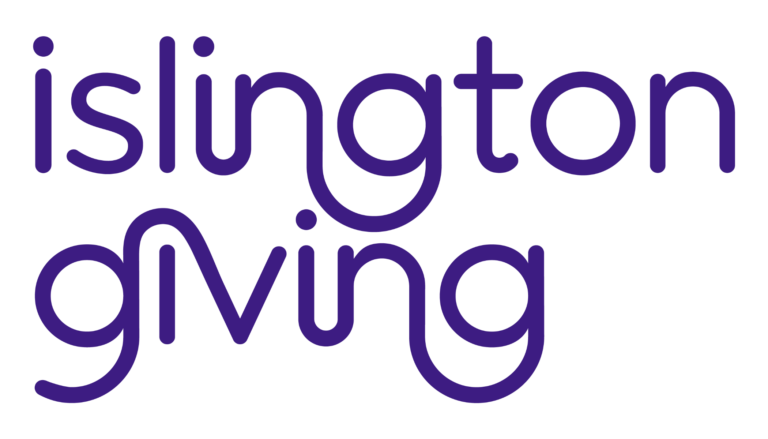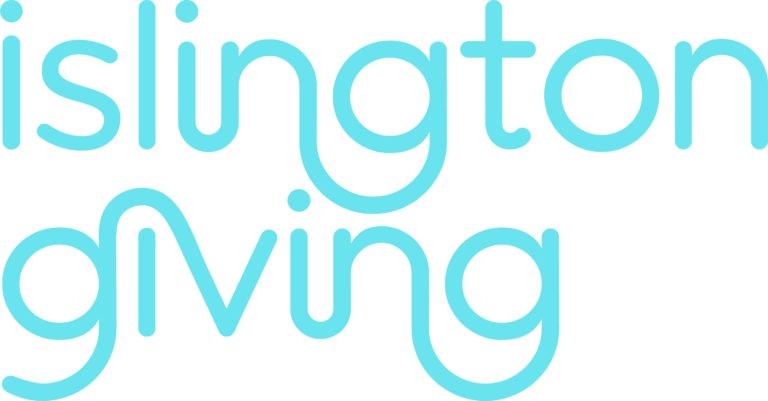When Lara was referred to Kurdish Middle Eastern Women’s Organisation (KMEWO’s) counselling services by the organisation’s crisis team she had experienced a number of painful and traumatic events in her life, including being a survivor of forced marriage and domestic violence.
Lara needed a safe space to talk and reflect upon her trauma and fear, and the challenges of adapting to a new setting and an insecure future. During Lara’s first counselling session, she was unable to express her emotions, indicating that, in the past, everyone had judged her and did not accept her for who she was. Slowly, she built trust with her counsellor and expressed that she felt supported, heard, and respected.
“The counselling provided reassurance and support so that I could make sense of my journey—and protect myself.” ~ Lara.
Therapy created a safe space where Lara was able to mourn her loss, open up about painful memories, and process her feelings. The sessions helped Lara accept who she is and understand her rights. Alongside wellbeing activities, they gave her the support she needed to make sense of her journey and protect herself.
Lara is now studying at college, has a parttime job and is working towards becoming a nurse.
About the Mind the Gap programme
Local people who are at risk of homelessness and experiencing coexisting disadvantages face a gap in mental health provision. Consultation with voluntary groups and statutory organisations showed us that although there are many amazing projects in Islington, some mental health projects and services are not accessible to people at risk of or experiencing homelessness. The Mind the Gap programme, made possible through a generous grant by Google.org, aims to help bridge this gap by funding advocacy, advice to access and navigate mental health services or direct therapeutic provision.






